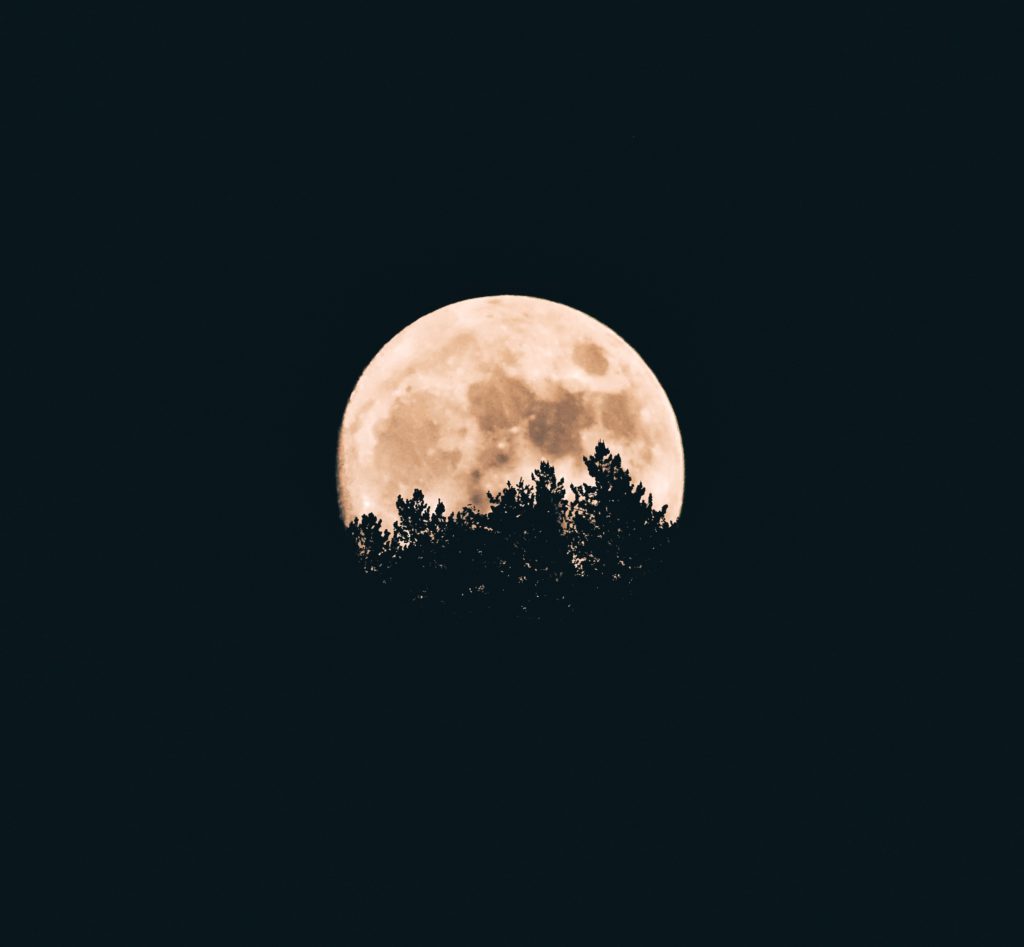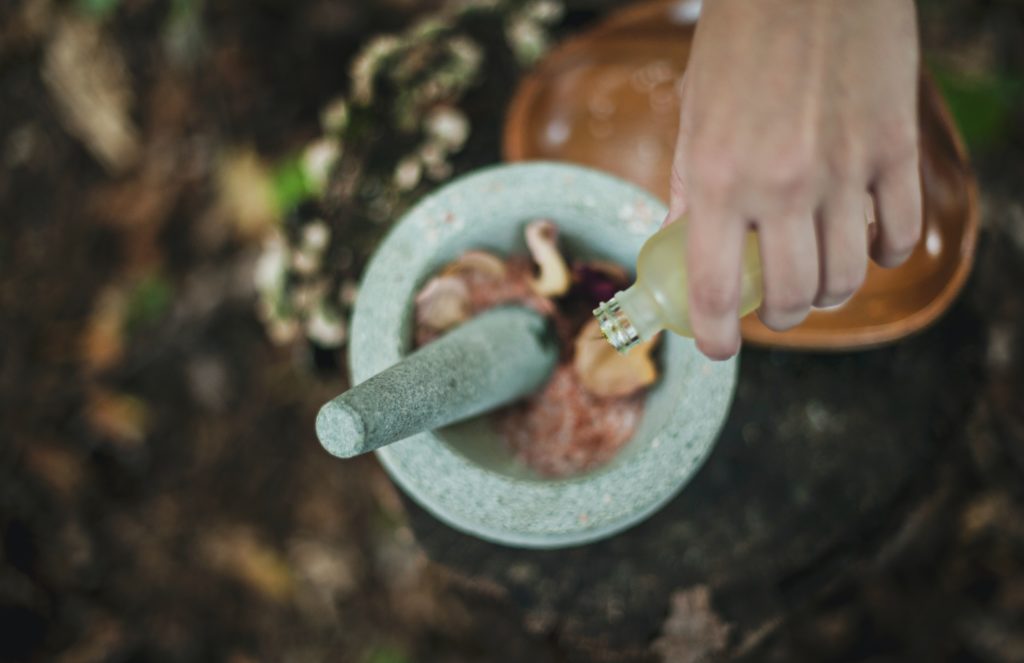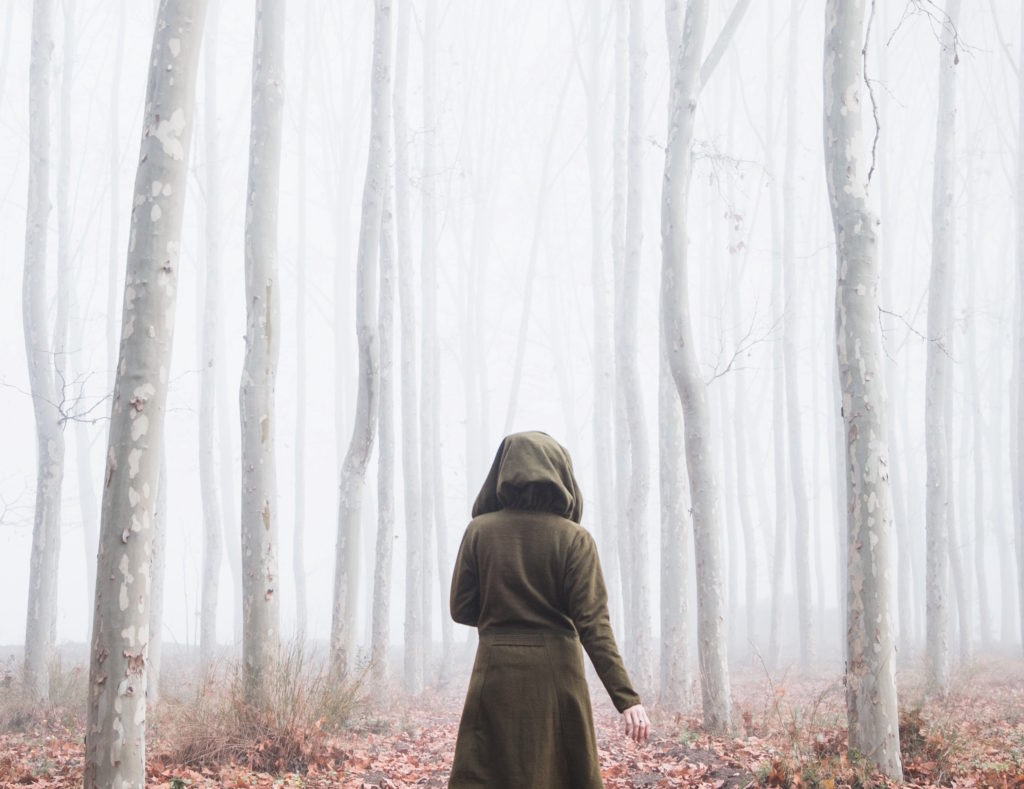I have been honoring Pagan holidays for years. Even in my childhood, my family indirectly celebrated them. My dad is a huge history buff, so we would make merry for the equinoxes and solstices, and he would tell us stories about days like May Day (a.k.a. Beltane). My mom would make us seasonal treats, we were all often barefoot, and my parents taught us that the mountains and the forest can be our “church.” They were the ones who taught me about the spiritual value of the Earth, and we were always very aware of the wheel of the seasons, and celebrated those natural cycles.
That all seemed ordinary to me. Even on traditional holidays such as Halloween (Samhain) and Christmas (Yule/Saturnalia), my family would gather and learn and discuss their Pagan roots on top of “normal” festive activities. In school, I would shock classmates by bringing up facts like how the Maypole (which was danced around at our school May Day festival every year) was originally part of Pagan fertility ceremonies and was a phallic symbol. As I’ve gotten older, I have continued to honor the seasons, the Earth, and the Pagan roots of holidays.
 There are so many reasons why I have continued this, but the bottom line to every reason is that the Earth is sacred to me, and it seems the greatest crime in the world to abuse her or ignore her. Pagan holidays help me to not only honor her, but to also connect with her and therefore center myself.
There are so many reasons why I have continued this, but the bottom line to every reason is that the Earth is sacred to me, and it seems the greatest crime in the world to abuse her or ignore her. Pagan holidays help me to not only honor her, but to also connect with her and therefore center myself.
As someone who identifies religiously as agnostic, people are often shocked to learn that I observe Pagan holidays. While I understand the confusion, I think it’s really important to note that agnosticism doesn’t mean “a lack” of anything—including beliefs. That is a Christian-centric idea, and implies that anyone who isn’t a part of an organized religion is less whole or missing something. That’s not the case at all, and not what agnosticism means or stands for. As an agnostic, I believe that no human being can know all the secrets of the universe, including what happens after we die; so I do not believe that any organized religion has it all right or even any of it right. That said, I do believe that religions (specifically religions that are considered to be more of a philosophy) have many correct and accurate pieces within them. For example, Buddhism teaches “do no harm,” the importance of recognizing interconnectedness, and how to connect with our inner being through meditation—all things I apply to my daily and spiritual life. Does that mean I am a Buddhist? No. It means that I practice big pieces of Buddhism. It’s the same with Paganism. I am not a Pagan, but I hold many Pagan beliefs such as the sacredness of nature and the importance of connecting with it. My religion is to be kind, to do no harm, to soak up life, and to honor and love the Earth.
When you love someone you celebrate them, right? You celebrate their birthdays. You celebrate holidays that honor their title of mother or father or valentine. You are aware of their seasons, or how old they are and their history. We should all love our Earth. She is our mother, and she nourishes, shields, houses, and provides. Every other animal understands that in a sense. They are aware of their habitat, and they understand its patterns. Humans have become so far removed from nature. Pagan holidays ground me in an awareness of my Earth and the natural world around me. They remind me of my roots, and the fact that I’m essentially an earthling. I’m a wild, moon-guided thing, and while I can pretend to be something else with screens and phone notifications, I’d just rather not. I’d rather be true to who and what I actually am, and acknowledge the fact that I belong to the Earth every day. On these holidays, I get to make a bigger deal of all of that, and therefore connect on a deeper level with these ideas.
There is no wrong way to celebrate Pagan holidays, as long as no harm to other beings or the planet is being done. It’s important to keep in mind what it is that you’re celebrating. For example, Lughnasadh (August 1st) celebrates the first day of the harvest, and is an ancient nod to wheat and abundance. Popular ways to celebrate this holiday or seasonal marker include baking bread, going earthing (walking barefoot on the natural ground), having a sun ceremony (which can be done in many ways, including doing yoga at dawn in the sun or solar witchcraft), braiding wheat or decorating with it, decorating with citrine and sunflowers, picking poppies or gathering marigolds, eating mushrooms, picking berries, and journaling about what you’re currently harvesting in your life (basically a gratitude list). I also like to write down what I hope to harvest someday, and what I need to plant (or do) in order to someday reap that. I do some fire witchcraft (which, if you’re new to that idea, can even just mean watching the flames and meditating), watch the sun rise and set, do a water ceremony in the river near my house during the golden hour (a perfect time to go earthing too on this day), wear golden colors, and eat rosemary and agave with the baked bread. All of these things nod to what this holiday represents: an abundant time of the year, and a time to harvest and enjoy what you’ve worked so hard to grow. Keep in mind the roots of the holiday and celebrate in a way that helps you feel in touch with it. It won’t look the same for everyone, and that’s okay.
These ideas of connecting with the Earth and honoring our place within her do not have to be reserved for these holidays (nor should they). I observe these ideas daily, and incorporate various meditative practices into my mornings and evenings. Sometimes doing something physical is a stirring way to connect or fully come to terms with something ideological or symbolic. That’s why ceremonies can be so validating and clarifying. I feel really strongly that if everyone sought to honor these observances, even just by acknowledging what time of the year they occur in, people would grow closer to the natural world and to themselves. They would grow a stronger appreciation for the seasons and their own harvests of sorts. I have no doubt that these holidays and celebrations have helped me to grow spiritually closer to the Earth, because they are not about stringent rituals. They’re about the fact that we are lucky enough to live on a planet that has beautiful life cycles—cycles that match our own. Knowing that grounds us and reminds us that we aren’t alone.
Related: Is Everyone A Witch These Days? What We Can Learn From Modern Magic
How To Start Tarot Reading—A Complete Beginner’s Guide & Demo (Video)
Get more like this—Sign up for our daily inspirational newsletter for exclusive content!
__
Photo: Aron Visuals via Unsplash; Katherine Hanlon via Unsplash; Miriam Espacio via Unsplash






